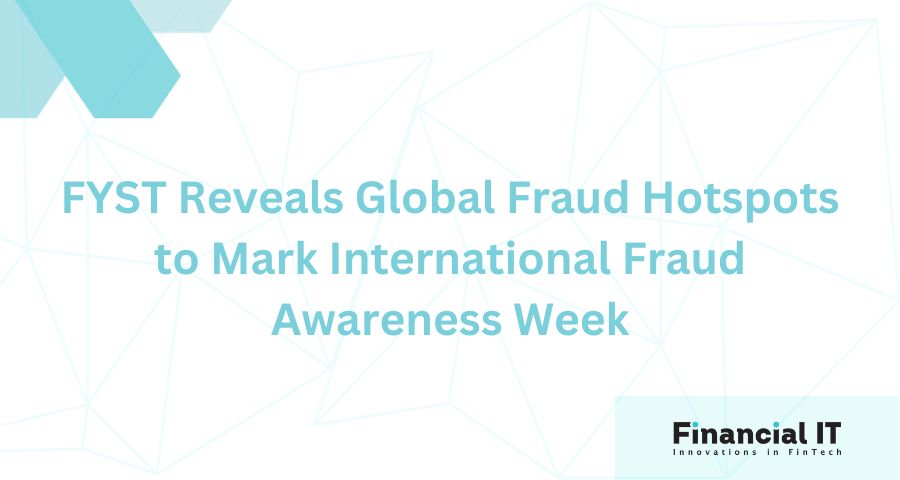LexisNexis Risk Solutions Releases Enhanced LexisNexis...
- 19.12.2025 10:05 am
Sardine and Helix Partner to Deliver Real-Time Fraud...
- 18.12.2025 11:35 am
Fingerprint Announces Proximity Detection To Combat...
- 09.12.2025 12:05 pm
Visa Blocked 280% More Suspected Fraud in the UK on...
- 04.12.2025 10:55 am
‘Sophisticated Fraud’ Up 180% Globally and UK Deepfake...
- 02.12.2025 11:50 am
Santander UK Calls for a Consumer-First Payments...
- 02.12.2025 11:35 am
Seven in Ten US Banks Brace for Check Fraud Surge...
- 19.11.2025 02:35 pm
2025 Holiday Profits at Risk From Friendly Fraud,...
- 17.11.2025 08:05 am
Young Brits Hit Hardest by Scams – Nearly Half Lost...
- 13.11.2025 10:35 am
Tech Startups Stall on Stablecoins Due to Fraud Fear...
- 11.11.2025 12:45 pm
FICO Survey: Fraud Department Is Secret Weapon for...
- 29.10.2025 12:15 pm
Visa’s Scam Disruption Unit Announces $1 Billion...
- 10.10.2025 02:25 pm






















